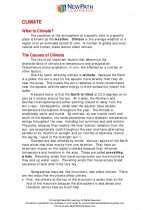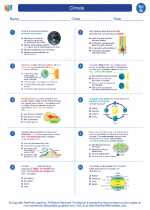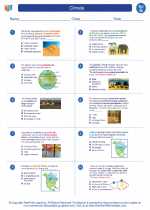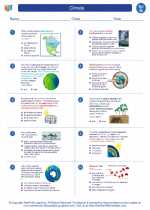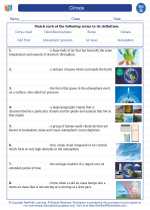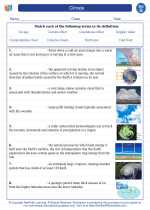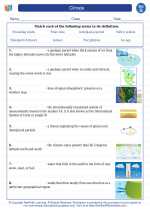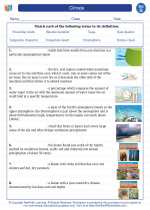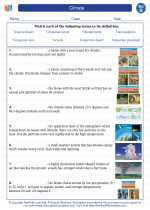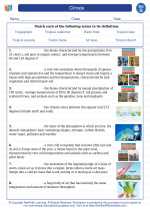Experiments
An experiment is a scientific procedure undertaken to make a discovery, test a hypothesis, or demonstrate a known fact. It is a key component of the scientific method, which involves making observations, asking questions, forming hypotheses, conducting experiments, analyzing the data, and drawing conclusions.
Types of Experiments
Experiments can be classified into different types based on their design and purpose:
- Laboratory Experiments: These are conducted in a controlled environment, such as a laboratory, where the variables can be manipulated and controlled.
- Field Experiments: These are carried out in a natural setting, such as a field or a real-life environment, to study phenomena in their natural context.
- Controlled Experiments: These involve the manipulation of one or more variables to study the effect on a dependent variable, while keeping other variables constant.
- Quasi-Experiments: These are similar to controlled experiments but lack the random assignment of participants to different conditions.
- Correlational Studies: These involve the measurement of the relationship between variables, without the manipulation of any variable.
Components of an Experiment
Key components of an experiment include:
- Hypothesis: A testable prediction about the outcome of the experiment, based on prior knowledge or observations.
- Variables:
- Independent Variable: The variable that is manipulated or changed by the experimenter.
- Dependent Variable: The variable that is measured and is expected to change as a result of the manipulation of the independent variable.
- Controlled Variables: Other factors that are kept constant to ensure they do not influence the results.
- Experimental Group: The group that is subjected to the manipulation of the independent variable.
- Control Group: The group that is not subjected to the manipulation and is used for comparison.
- Experimental Procedure: The step-by-step process followed to conduct the experiment.
- Data Collection: The systematic gathering of information or measurements during the experiment.
- Data Analysis: The process of interpreting the collected data to draw conclusions.
- Conclusion: A summary of the findings and what they indicate about the hypothesis.
Study Guide
To understand experiments better, you can follow this study guide:
- Learn about the scientific method and the role of experiments in scientific inquiry.
- Understand the different types of experiments and their applications.
- Explore examples of famous experiments in various scientific fields, such as biology, physics, and psychology.
- Practice identifying the independent and dependent variables in different experimental scenarios.
- Review the steps involved in conducting an experiment and the importance of controlling variables.
- Examine the ethical considerations and guidelines for conducting experiments involving human subjects or animals.
- Discuss the limitations of experiments and the potential sources of experimental error.
- Engage in hands-on experiments to apply the concepts learned and gain practical experience.
By following this study guide, you can develop a thorough understanding of experiments and their significance in scientific research.
